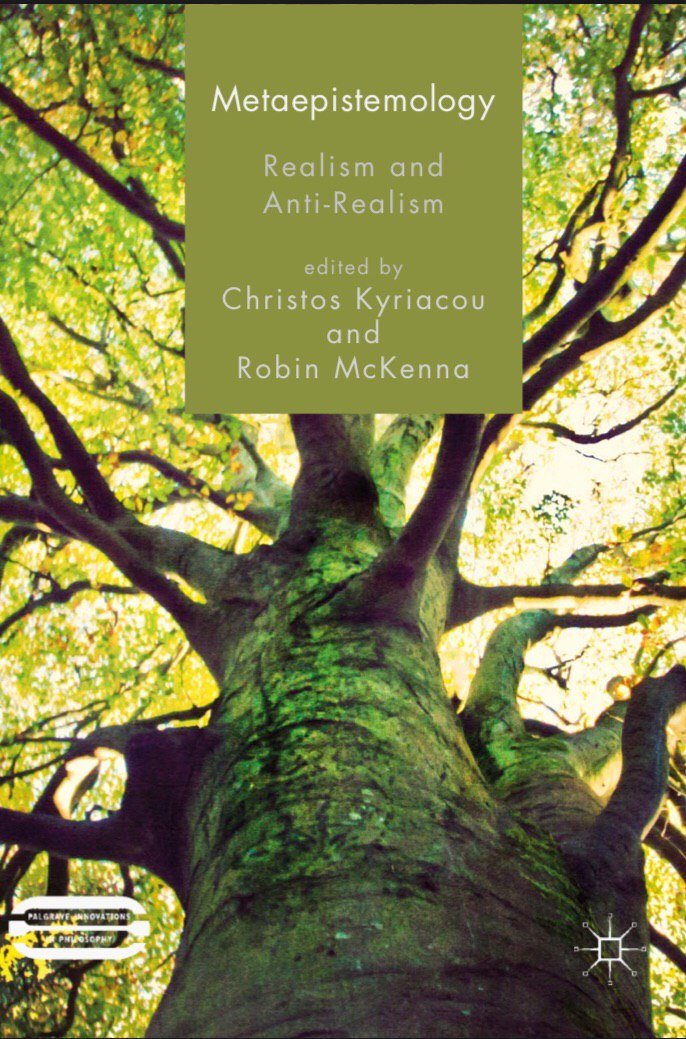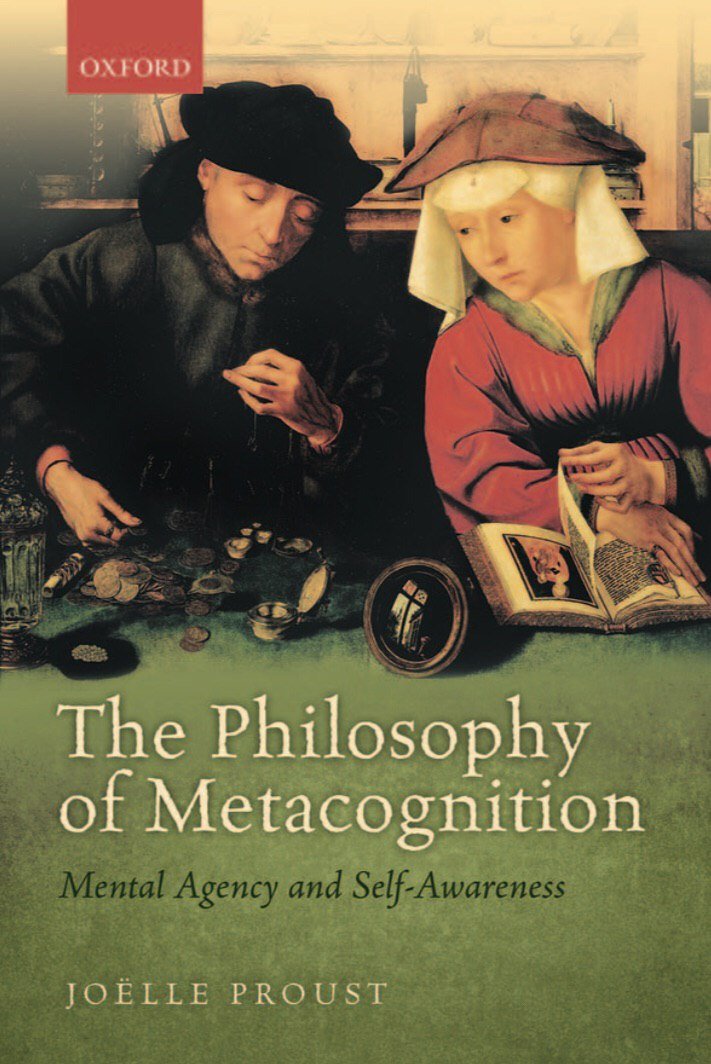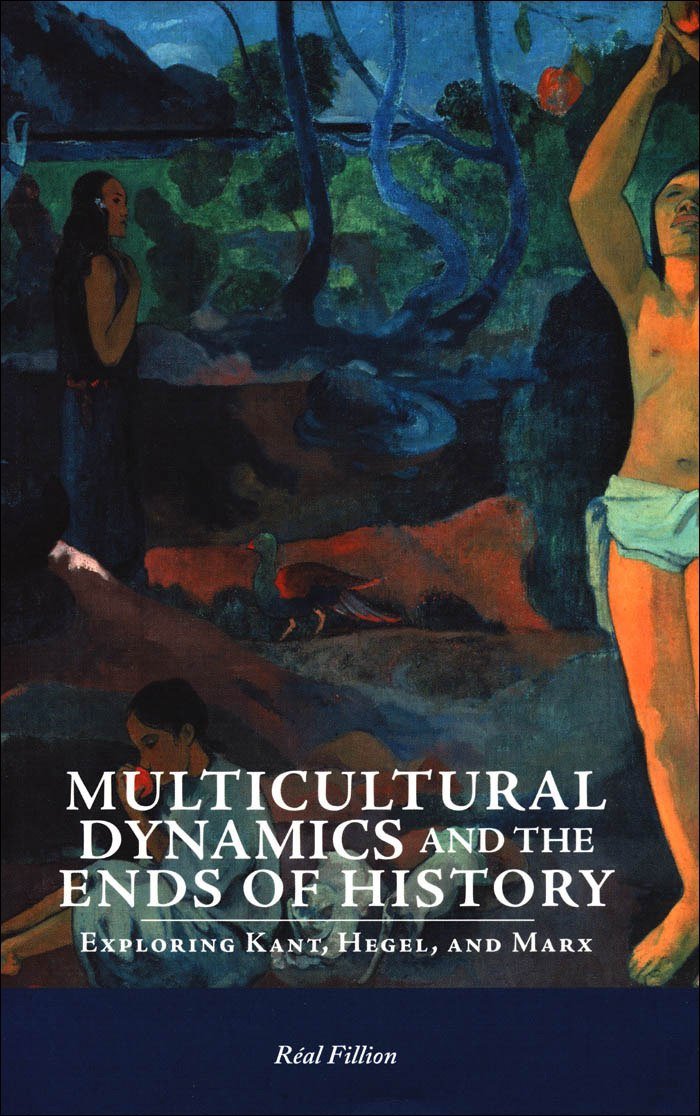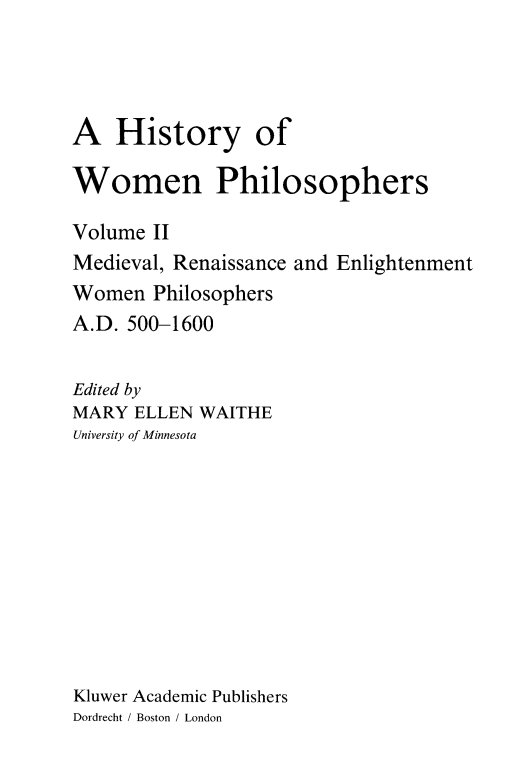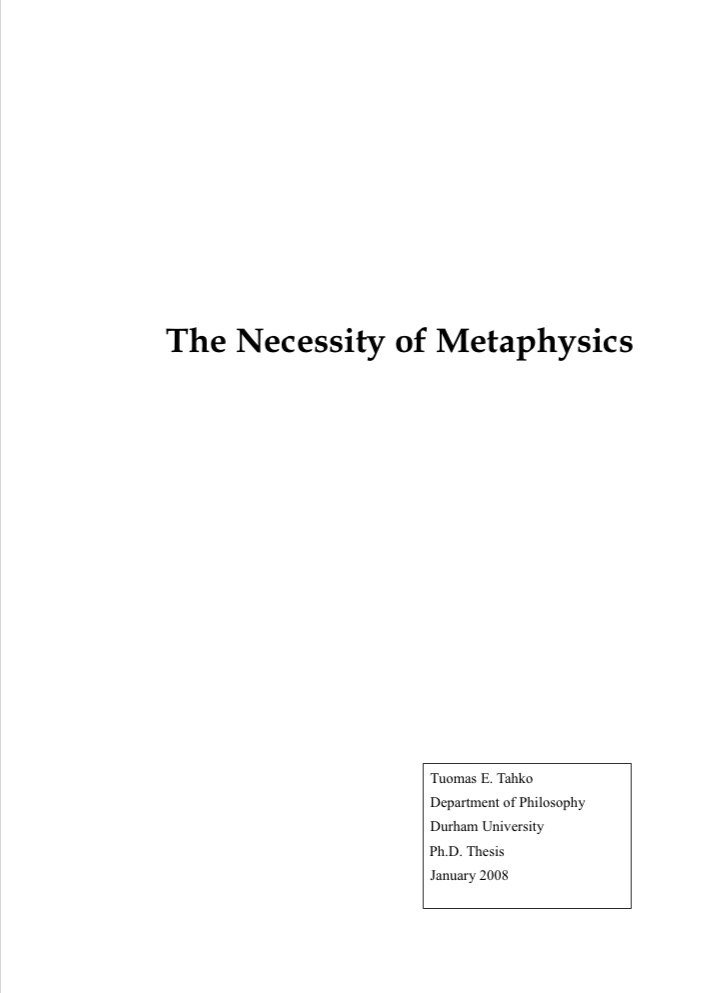

The Metaphysical Principles of the Infinitesimal Calculus
Private Book Reader
Upload and read your personal PDF books in our secure reader
Read Your Private BookShort Audio Book Summary
The Metaphysical Principles of the Infinitesimal Calculus Summary
0:00 / 0:00Reviews
No review yet. Be the first to review this book!
Description
The Metaphysical Principles of the Infinitesimal Calculus (1946) by René Guénon is a profound and esoteric work that attempts to reframe the foundations of calculus from a metaphysical and traditionalist perspective. Unlike modern mathematical texts, which treat calculus purely in terms of symbolic logic and analytical rigor, Guénon’s aim is to restore what he sees as the primordial metaphysical understanding behind mathematical ideas, particularly the concepts of the infinitesimal, continuity, and infinity. Guénon argues that modern science and mathematics have divorced themselves from metaphysical principles, resulting in a fragmented and materialistic worldview. He sees the development of calculus, especially since the Enlightenment, as increasingly dominated by quantitative reasoning at the expense of qualitative or essential understanding. His project is to reconnect calculus with its symbolic and intuitive roots, drawing on principles from traditional metaphysics, particularly those found in Vedanta, Pythagoreanism, and other sacred sciences. A central concept in the book is the true nature of the infinitesimal. For Guénon, the infinitesimal is not just a "very small quantity" but something qualitatively distinct—a principial and supra-formal reality that cannot be fully captured by symbolic equations. He critiques the modern mathematical concept of limits and derivatives, which treat the infinitesimal as a formal trick, rather than acknowledging its deeper ontological and metaphysical status. He contrasts this with the ancient and traditional views, where the infinitesimal reflected an underlying unity and continuity of Being. Guénon also takes aim at discretization in mathematics—the tendency to break everything into measurable parts—and views it as symptomatic of a materialistic mindset. He defends the idea of continuity not just as a mathematical abstraction, but as a reflection of a higher principle of unity that permeates all of reality. For him, mathematical truths must be understood analogically, in correspondence with metaphysical realities, not just through formal operations. Another key point in the book is the critique of modern notions of infinity. Guénon sees the distinction between potential and actual infinity as misunderstood in modern thought. He clarifies that true infinity is a metaphysical principle beyond quantity, while the “infinite” of calculus (such as infinite series or integrals) is only a potential infinity—a never-ending process rather than an actualized whole. He believes that this confusion reflects the broader spiritual degeneration of the West. In this light, calculus—when viewed metaphysically—is not just a tool for engineering or physics, but a symbolic language that, in its original form, pointed toward a higher order of reality. Guénon believes that restoring this symbolic and metaphysical dimension is essential for recovering an integrated view of knowledge that unites the rational with the transcendent. In summary, René Guénon's The Metaphysical Principles of the Infinitesimal Calculus is a bold and challenging reinterpretation of mathematical thought. It critiques modern scientific abstraction and advocates for a return to metaphysical foundations, where mathematics is not merely a quantitative tool but a symbolic expression of deeper truths. The book stands as a powerful example of Guénon’s broader mission: to restore the spiritual and intellectual heritage of traditional civilizations in a world increasingly dominated by materialism and scientism.



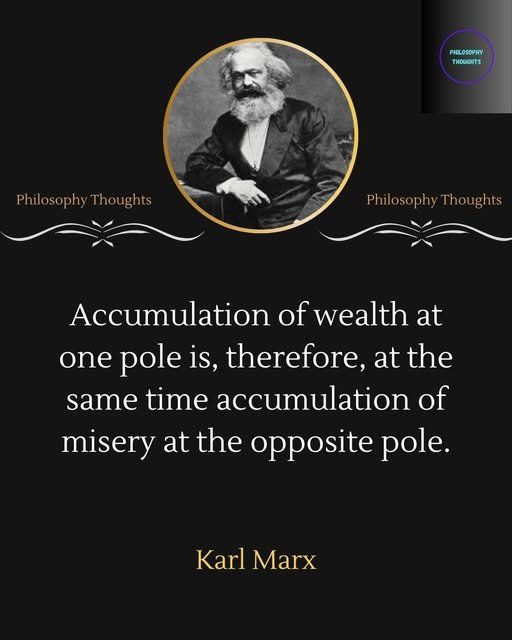











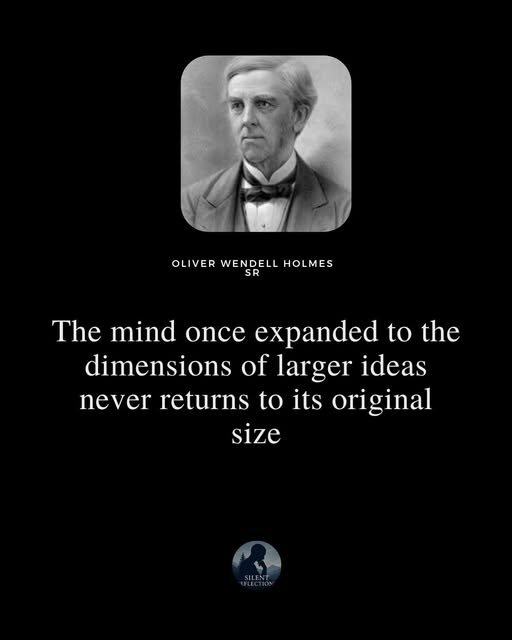








.jpeg)
.jpeg)


.jpeg)
.jpg)

.jpeg)

.jpg)






.jpg)




.jpg)







.jpg)










.jpg)












.jpeg)


.png)





.jpg)




